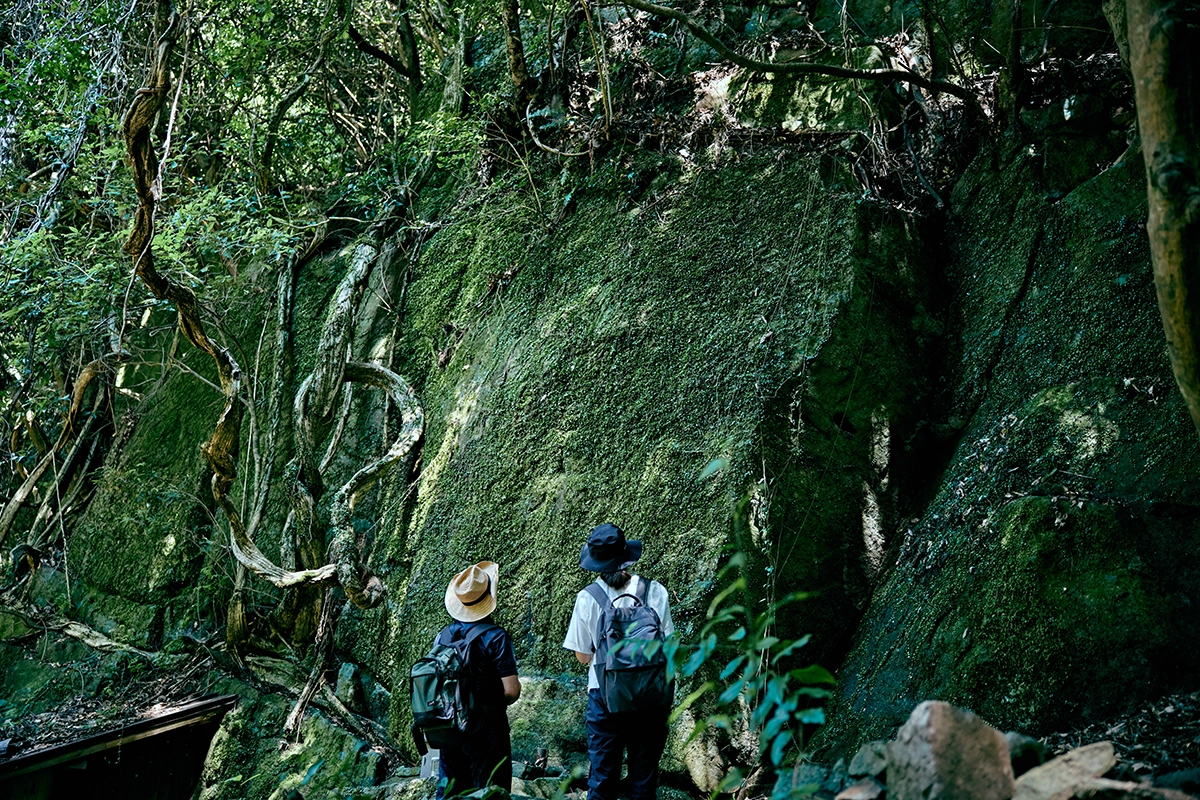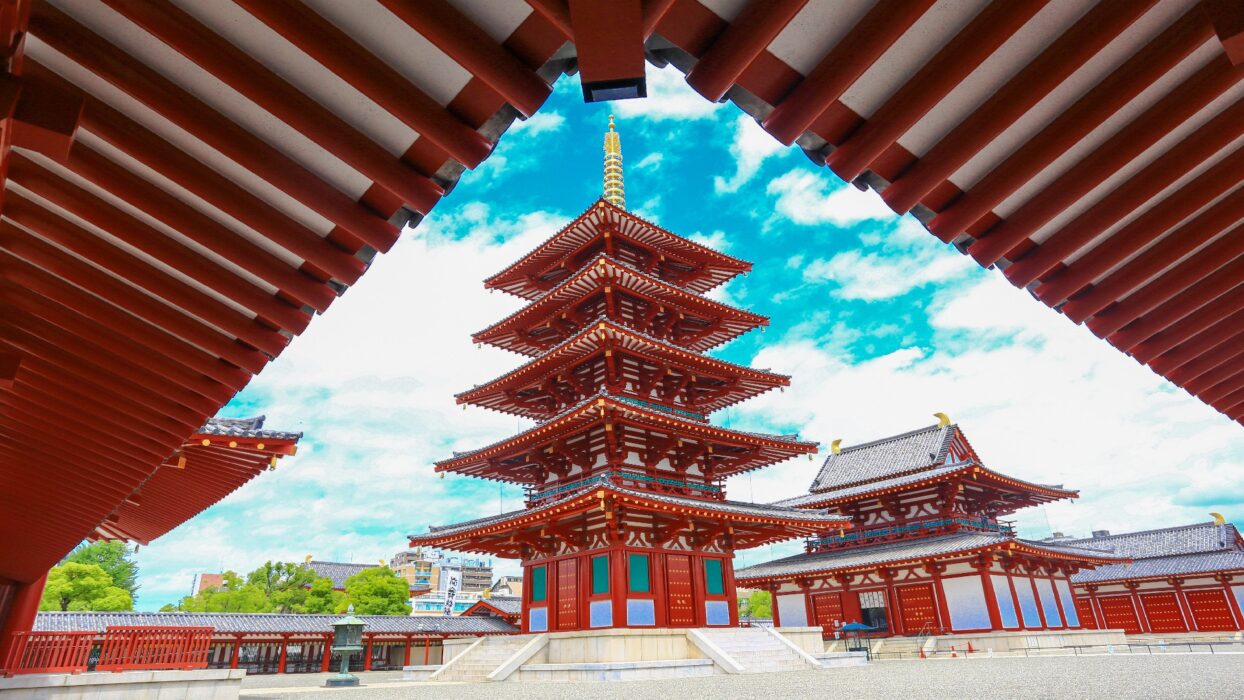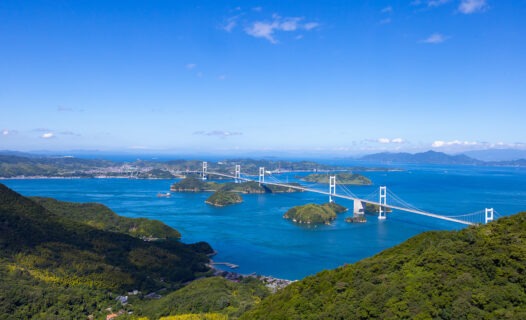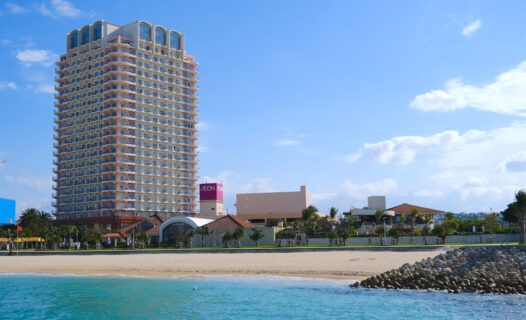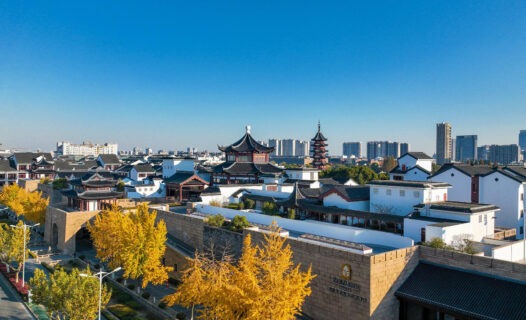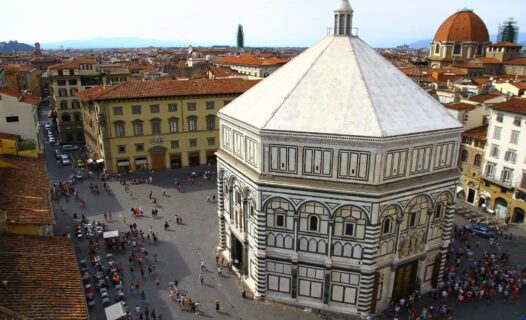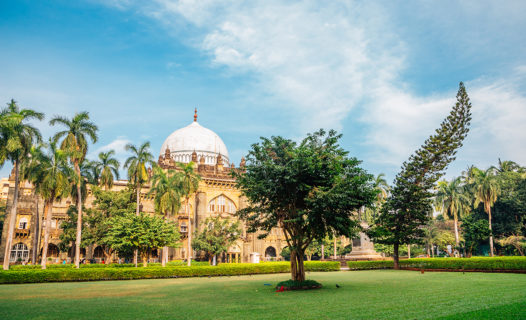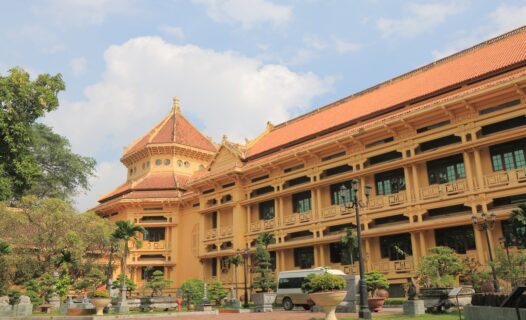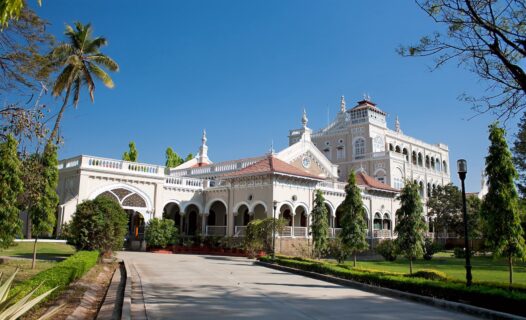Welcome to Kiyomizu Temple: A Cherry Blossom Wonderland!
Welcome to Kiyomizu Temple, one of Kyoto’s most iconic treasures! Nestled in the heart of the city, this stunning temple isn’t just a feast for the eyes; it’s a deep dive into Japan’s rich history and culture. With its breathtaking wooden stage that juts out over the hillside, Kiyomizu-dera offers visitors spectacular views, especially during the enchanting cherry blossom season. Imagine yourself surrounded by a sea of delicate pink petals, with the temple’s ancient architecture as your backdrop—it’s a scene that feels straight out of a storybook!
During cherry blossom season, Kiyomizu Temple transforms into a magical oasis, drawing in locals and travelers alike to witness the beauty of sakura in full bloom. The temple is a key player in the Kiyomizu Dera Festival, which celebrates the arrival of spring with a series of vibrant events and cultural performances. Whether you’re here for the stunning sights or the rich traditions, Kiyomizu Temple is a must-visit destination that promises to leave you spellbound.
Discover the Beauty of Kiyomizu Temple
As a UNESCO World Heritage site, Kiyomizu Temple boasts a history that dates back to 778 AD. Its name, meaning “clear water,” comes from the Otowa Waterfall that runs beneath the main hall. Here, visitors can sip from the three streams of water, each believed to grant different benefits—health, success in studies, and a fortunate love life!
The temple’s architecture is a marvel in itself. The main hall, or Hondo, is supported by hundreds of wooden pillars and offers a panoramic view of the city, especially breathtaking during the cherry blossom season. The combination of nature and architecture creates a harmonious atmosphere that reflects Kyoto’s cultural heritage. To truly appreciate its beauty, don’t forget to check out the seasonal changes that Kiyomizu Temple undergoes throughout the year. For a deeper dive into its history and significance, click here to discover the timeless beauty of Kiyomizu-dera.
Cherry Blossoms in Full Bloom: Best Viewing Spots
When spring arrives in Kyoto, it brings with it the much-anticipated cherry blossom season. Kiyomizu Temple is one of the best places to witness this natural spectacle. The temple grounds are dotted with cherry trees, and some of the best spots for viewing include the balcony of the main hall and the path leading to the temple. From these vantage points, you can take in the breathtaking sight of cherry blossoms framing the temple against a backdrop of blue skies.
The significance of sakura season in Kyoto extends beyond just visual beauty; it’s a time for celebration and reflection. Hanami, or flower viewing, is a cherished tradition where locals gather under the blooming trees to enjoy picnics and share stories. If you’re looking for a guide to the best cherry blossom spots in the city, don’t miss our Kyoto Cherry Blossom Guide for tips on where to soak in the beauty of these delicate blooms.
Kiyomizu Dera Festival: A Celebration of Spring
The Kiyomizu Dera Festival is an event you won’t want to miss if you’re visiting during the cherry blossom season! This vibrant festival typically takes place in mid-April and features a variety of cultural performances, traditional music, and dance. The temple is adorned with colorful decorations, and the atmosphere buzzes with excitement as locals and tourists come together to celebrate the beauty of spring.
During the festival, you can experience various activities, including traditional tea ceremonies, calligraphy demonstrations, and even street food stalls offering local delicacies. It’s a fantastic opportunity to immerse yourself in the cultural richness of Kyoto while enjoying the stunning scenery. Make sure to mark your calendar for this enchanting celebration!
Night Illuminations: A Magical Experience
As the sun sets over Kyoto, Kiyomizu Temple transforms into a breathtaking spectacle of light and color. The night illuminations at Kiyomizu-dera are a must-see, creating an enchanting atmosphere that highlights the temple’s stunning architecture against the night sky. Typically held from late March to early April during cherry blossom season, these illuminations provide a unique opportunity to experience the temple in a completely different light.
The illuminations usually begin around sunset, casting a warm glow over the temple grounds and illuminating the cherry blossoms, making them appear ethereal. Visitors can stroll along the paths, taking in the stunning views and snapping some unforgettable photos. For the best experience, try to arrive just before sunset so you can witness the transition from day to night. The play of light and shadows adds a magical touch to the already breathtaking scenery.
Tickets for the night illuminations can be purchased online or at the temple entrance, so be sure to check the schedule ahead of time. If you’re planning to capture the beauty of Kiyomizu Temple at night, bring a tripod and a camera with good low-light capabilities. This is your chance to create some stunning night photography that will make your friends envious!
Culinary Delights: Seasonal Treats to Savor
What’s a visit to Kiyomizu Temple without indulging in some local culinary delights? During cherry blossom season, Kyoto comes alive with seasonal treats that are as beautiful as they are delicious. One of the must-try snacks is hanami dango, a colorful rice dumpling skewered on sticks, often enjoyed during hanami picnics under the cherry blossoms. These delightful bites come in various flavors and colors, making them a perfect snack while you explore the temple grounds.
For those with a sweet tooth, don’t miss out on sakura mochi, a rice cake filled with sweet red bean paste and wrapped in a pickled cherry blossom leaf. This unique treat not only tastes amazing but also embodies the spirit of spring in Kyoto. You can find these delicacies at local food stalls around Kiyomizu Temple, so be sure to grab some before heading to the next viewing spot!
If you’re looking for a sit-down meal, there are several restaurants nearby that offer traditional Kyoto cuisine, including kaiseki, a multi-course dining experience that showcases seasonal ingredients. Enjoy a meal while soaking in the views of the cherry blossoms and the temple—what could be better?
Seasonal Travel Tips: Making the Most of Your Visit
Visiting Kiyomizu Temple during cherry blossom season is an unforgettable experience, but a little planning goes a long way to ensure you make the most of your visit. The cherry blossoms typically bloom from late March to early April, so aim to visit during this time for the best views. Keep an eye on the cherry blossom forecast to time your visit perfectly!
Weekends can get quite crowded, especially during peak bloom, so consider visiting on a weekday if possible. Early mornings are also a great time to enjoy a quieter experience, allowing you to soak in the beauty without the hustle and bustle of large crowds. Plus, the soft morning light is perfect for photography!
Don’t forget to wear comfortable shoes, as you’ll be doing a lot of walking. The temple grounds are expansive, and you’ll want to explore every nook and cranny. And while you’re at it, bring a picnic blanket to enjoy a hanami picnic surrounded by the stunning cherry blossoms!
Transportation Made Easy: Getting to Kiyomizu Temple
Getting to Kiyomizu Temple is a breeze, thanks to Kyoto’s efficient public transportation system. If you’re coming from Kyoto Station, you can take the City Bus #100 or #206, which will take you directly to Kiyomizu-dera. The bus ride is scenic and will give you a taste of the city as you make your way to the temple.
Once you arrive, be prepared for a short uphill walk to reach the temple entrance. The path is lined with charming shops and stalls selling local crafts and snacks, so take your time and enjoy the atmosphere. If you prefer a more leisurely option, consider taking a taxi or using a ride-sharing service, especially if you’re traveling with a group.
For those looking to stay close to Kiyomizu Temple, there are plenty of accommodations nearby, ranging from traditional ryokans to modern hotels. Staying in the Higashiyama district will allow you to explore not only Kiyomizu Temple but also other nearby attractions like Gion and the Philosopher’s Path.
Capturing the Moment: Photography Tips at Kiyomizu Temple
For photography enthusiasts, Kiyomizu Temple offers countless opportunities to capture stunning shots, especially during cherry blossom season and the night illuminations. To get the best photos, plan your visit around the golden hour—just before sunset or after sunrise—when the light is soft and warm.
When photographing the cherry blossoms, try to include the temple’s architecture in your frame to create a beautiful contrast between the delicate pink petals and the sturdy wooden structures. Experiment with different angles and perspectives; don’t be afraid to get low to the ground for unique shots!
If you’re planning to shoot the night illuminations, a tripod is essential. Set your camera to a longer exposure to capture the vibrant colors of the lights reflecting off the temple. And remember, patience is key! Wait for the perfect moment when the crowds thin out to get that ideal shot.
Festivals and Events Calendar: Don’t Miss Out!
Kyoto is bustling with events during the cherry blossom season, and Kiyomizu Temple is at the heart of it all. The Kiyomizu Dera Festival is just one of many celebrations that take place during this magical time. Be sure to check local event calendars for details on performances, food stalls, and cultural activities happening at the temple.
In addition to the Kiyomizu Dera Festival, there are other notable festivals throughout spring, including the Hanami Festival and various local spring celebrations that showcase traditional music and dance. These events are a fantastic way to immerse yourself in Kyoto’s rich culture while enjoying the stunning natural beauty of the cherry blossoms.
Make sure to plan your visit around these events to experience the full vibrancy of Kyoto in spring. You won’t want to miss the chance to participate in the local festivities and create unforgettable memories!
Fun Facts About Kiyomizu Temple and Cherry Blossoms
Did you know that Kiyomizu Temple’s main hall is built without the use of nails? This architectural marvel showcases the incredible craftsmanship of the time and has stood the test of centuries. Another fun fact is that the temple’s name, Kiyomizu, translates to “clear water,” derived from the Otowa Waterfall that runs beneath it. Sipping from the waterfall’s streams is believed to bring good fortune!
Cherry blossoms hold a special place in Japanese culture, symbolizing the transient nature of life. The tradition of hanami dates back centuries, where people gather to appreciate the beauty of the blossoms and reflect on the fleeting moments of life. This cultural significance adds an extra layer of enchantment to your visit to Kiyomizu Temple during sakura season.
Safety and Health Guidelines: Travel Smart
Your safety and well-being are paramount while exploring Kiyomizu Temple and the surrounding areas. Be sure to follow local health guidelines, including wearing a mask in crowded spaces and practicing good hand hygiene. If you’re feeling under the weather, consider postponing your visit to ensure the safety of yourself and others.
As you explore, be mindful of your belongings and stay aware of your surroundings, especially in crowded areas during peak season. If you’re traveling with children, keep a close eye on them as the paths can get busy. With a little preparation and awareness, you can enjoy your visit to Kiyomizu Temple with peace of mind!
Commonly Asked Questions (FAQs) About Kiyomizu Temple
What are the opening hours for Kiyomizu Temple?
Kiyomizu Temple is typically open from 6:00 AM to 6:00 PM, with extended hours during the cherry blossom season and night illuminations. Check the official website for the most current information.
Are there any entrance fees?
Yes, there is a small entrance fee to visit Kiyomizu Temple, which helps with the maintenance of this beautiful site. It’s worth every yen for the breathtaking views and cultural experience!
Can I take photos inside the temple?
Photography is allowed in most areas of Kiyomizu Temple, but be respectful of any signs indicating restrictions. The stunning architecture and natural beauty provide endless opportunities for amazing shots!
With all these incredible experiences awaiting you at Kiyomizu Temple, it’s time to pack your bags and set off on an unforgettable adventure. From the stunning cherry blossoms to the vibrant festivals and delicious local cuisine, Kyoto is a treasure trove of cultural delights. Don’t miss out on this enchanting destination—your spring getaway awaits!
